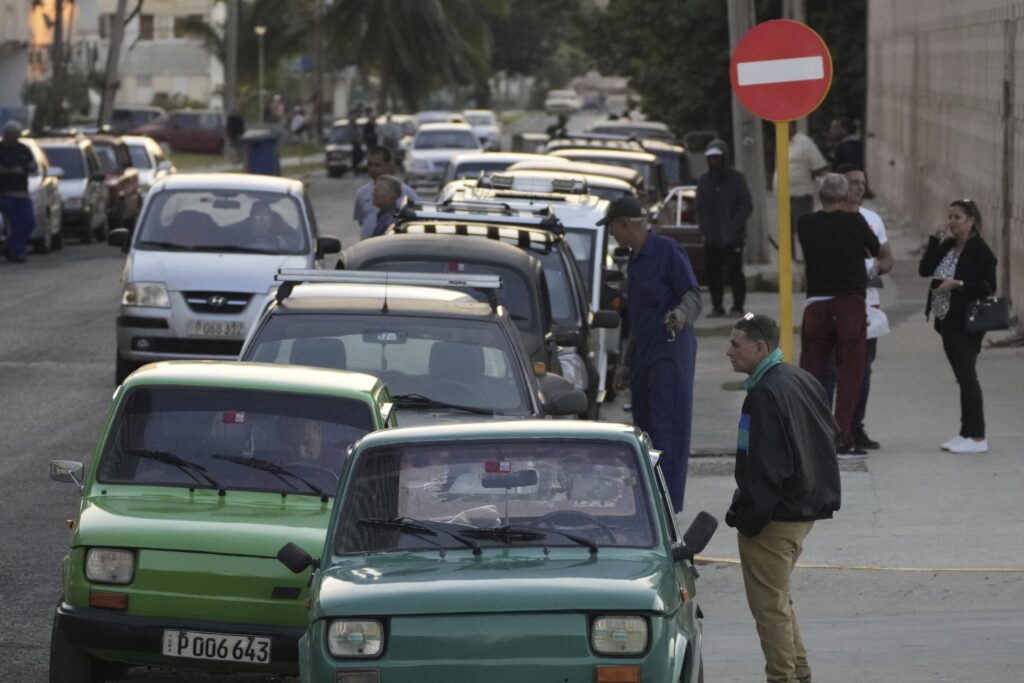Secretary of State Antony Blinken’s team warned the government of Cuba to “refrain from violence” following a flare of protests across the island.
“What we are seeing is a reflection of the dire situation on the island,” State Department deputy spokesman Vedant Patel said on Monday. “We urge the Cuban government to refrain from violence and unjust detentions and are calling on the authorities to respect the Cuban citizens’ right to peaceful assembly.”
Cuban President Miguel Díaz-Canel’s regime was jolted by rare protests on Sunday in Santiago de Cuba, where Cuban citizens turned out reportedly by the hundreds to protest food and electricity shortages. The protests coincided with a nationwide power outage, one of many rolling blackouts that Cuban authorities have imposed in recent months, just weeks after Cuban authorities asked the World Food Program for assistance.
“We are hungry,” the protesters chanted, according to a Miami Herald translation of video that surfaced on social media.
They also chanted “electricity and food” — “Corriente y comida!” — in an apparent display of what one expert called “pocketbook issues” fueling frustration with the government.
“Basic food has become increasingly expensive for keeping it on the table,” Dr. Evan Ellis, a Latin America expert with the U.S. Army War College, told the Washington Examiner. “[And there’s been] complete lack of investment in the electricity infrastructure…it just keeps getting older and older and older and older, and it just starts to break down. And when it breaks down, they can’t run the same amount of electricity, and some of the generators and things that should be supplying into the infrastructure don’t work properly.”

Díaz-Canel was forced to acknowledge the protesters’ grievances, although he shifted the blame toward the United States.
“Several people have expressed their dissatisfaction with the electricity situation and food distribution,” Diaz-Canel wrote on social media. “In these last hours we have seen how terrorists based in the U.S., whom we have denounced on repeated occasions, encourage actions against the internal order of the country.”
Cuban authorities previously attributed the shortages to the absence of a “culture of productivity” on the communist-ruled island.
“Work is needed to produce food,” Cuban Vice Prime Minister Jorge Luis Tapia Fonseca said last year. “We all expect to be sent food, but we do nothing to produce it.”
CLICK HERE TO READ MORE FROM THE WASHINGTON EXAMINER
The protests are the most notable display since 2021, when the regime cracked down on “the largest nationwide demonstrations against the government since the 1959 Cuban revolution,” as Human Rights Watch documented.
“I don’t personally see it bringing the regime down anytime soon,” said Ellis, a former member of the State Department’s policy planning staff. “When you have absolute control, you can inflict a lot of suffering on the population without [the regime] falling apart. … I’m not aware of anything that’s made the situation significantly better since those same frustration-motivated protests across Cuba in 2021.”
